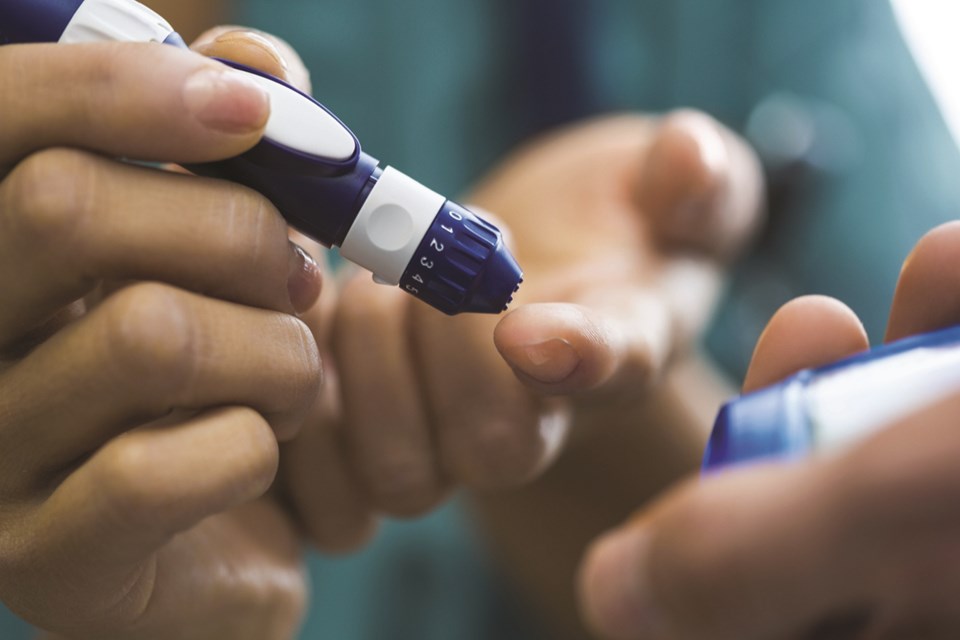Cathy Dobson
Daniel Luciani learned early to manage his own diabetes, then started helping others do the same.
The 17-year-old from Point Edward was diagnosed with juvenile diabetes at the age of four. By the time he reached kindergarten he was testing his own blood sugar with a glucometer.
Rather than become overprotective, his parents, Carolyn and Larry, were determined their son would live a normal life despite diabetes. They say they never held him back from any activities, especially the sports he loves.

“I grew up believing I was no different from anyone else,” said Daniel. “I didn’t let it get me down.”
That’s the message he conveys when asked to speak at Juvenile Diabetes Research Foundation (JDRF) events.
“It’s not like you can’t have a normal life,” said Daniel, who doesn’t shy from contact sports and particularly enjoys rugby. “Even though it’s a little more work to test my blood sugar or press my insulin pump, it’s manageable. It’s a hindrance but it’s manageable.”
His consistently positive message and his ability to inspire others, especially younger diabetics, has earned him a scholarship from the Diabetes Hope Foundation.
Daniel has been selected as one of 41 across Canada to receive $2,500 toward university tuition when he pursues an engineering degree this fall.
The scholarship reflects strong academic performance and community service.
Daniel has recorded more than 350 volunteer hours in high school, many at fundraisers to combat juvenile diabetes. He also achieved 92% last semester at Northern Collegiate.
He also recently learned he’s receiving a $1,000 scholarship from the YMCA’s Celebration of Youth for overcoming adversity and giving back to the community.
And on May 25, he’ll be at this year’s JDRF walk in Canatara Park, where organizers hope to raise $22,000 toward a cure for diabetes.
“I'll be there to thank everyone for supporting the walk and raising awareness,” he said. "I also want to show the younger (diabetics) that I am able to do everything I want and so can they."
Unlike Type 2 diabetes, which tends to impact adults, Type 1 or juvenile diabetes does not respond to diet or exercise.
Juvenile diabetes is a disease in which the immune system attacks the cells in the pancreas that make insulin, the hormone that controls blood sugar.
It’s not linked to lifestyle factors and is not preventable. While the cause is unknown, progress has been made in finding less invasive strategies to manage the disease.
“We’ve definitely seen advancements in technology and I think they could find a cure in my lifetime,” Daniel said.
